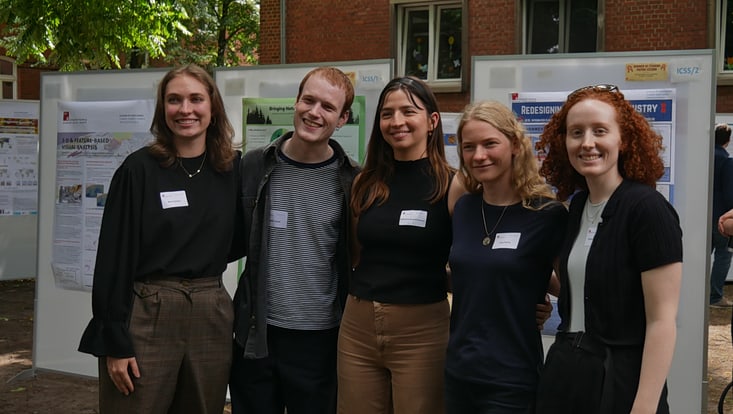Barriers to Onshore Wind Energy Development in South Africa: A Stakeholder AnalysisFrancesca Larrain
4 November 2021
A prerequisite to sustainable development in the global south is the integration of environmental practices and supporting infrastructure in industries. This will help facilitate a reduction in the anthropogenic driven greenhouse effect and resulting climate change. A fundamental element of sustainable development is the provision of both affordable and clean energy supplies via greenhouse gas emission-free technologies such as renewable energy. The following thesis investigates sustainable development in the context of the South African Wind Energy Industry.
This study aims to identify the barriers to Onshore Wind Energy Development via a Stakeholder Analysis, to highlight the existing barriers identified in the literature and that which experts in the industry provide. Based on the latter, the study provides a barrier ranking of significance to the market. Based on the fundamental barriers to renewable energy penetration framework by Painuly (2001), this research expands upon the findings in the context of the South African Wind Energy Industry and involved stakeholders. This qualitative research uses inductive reasoning through both a literature review, ten stakeholder semi-structured interviews, and a questionnaire measured via Likert scale.
The main barriers to development in order of significance rank were identified as political, economic, technical, social, and environmental. The research aim is to illustrate the gap of barrier identification and proposed solutions between literature and stakeholders to claim stakeholder integration in the reduction and mitigation of barriers to the development of onshore wind farms in South Africa. Holistic comprehension of the barriers to Wind Energy Development in South Africa is critical to their successful removal.

